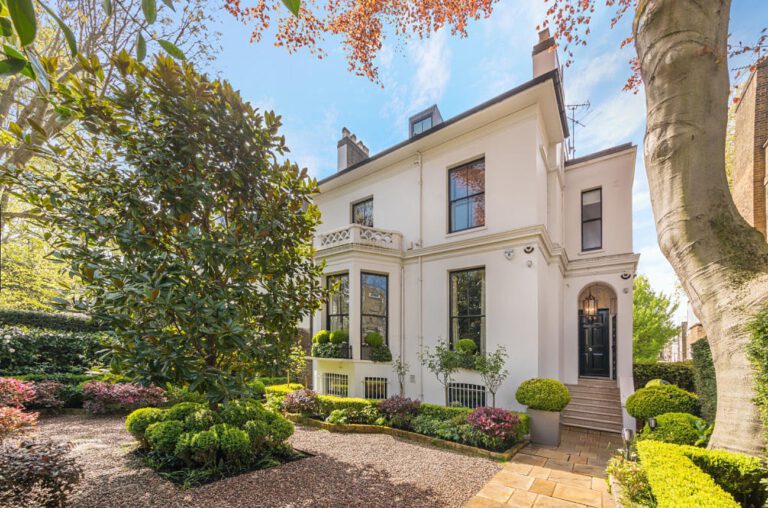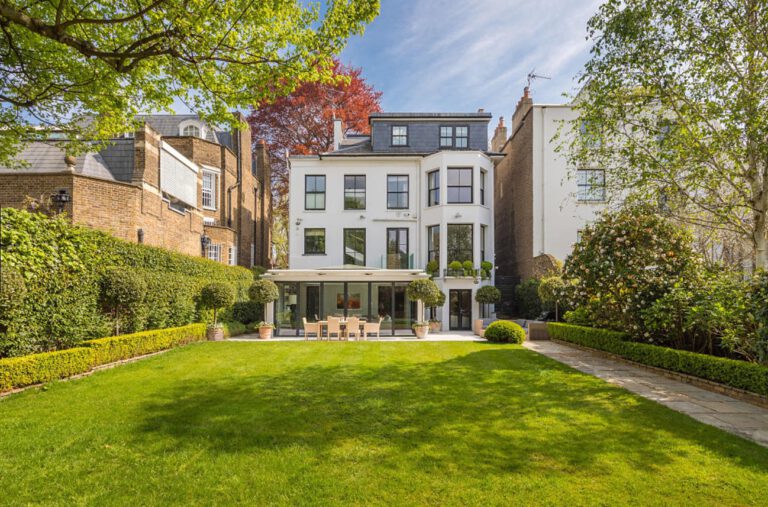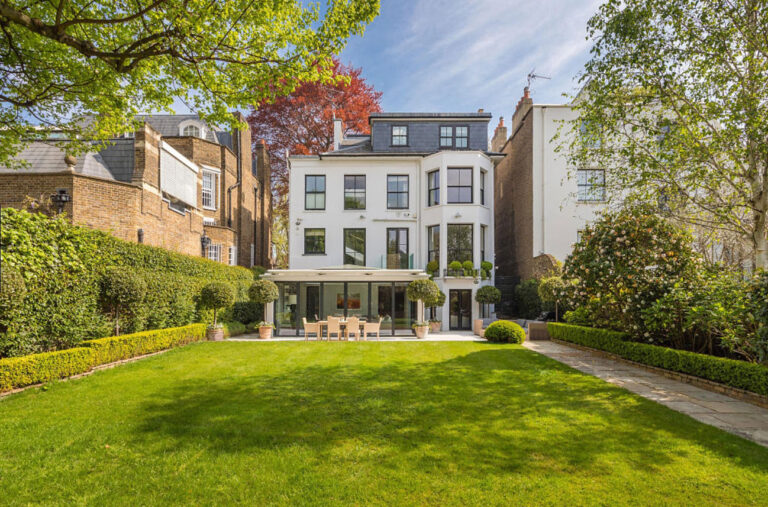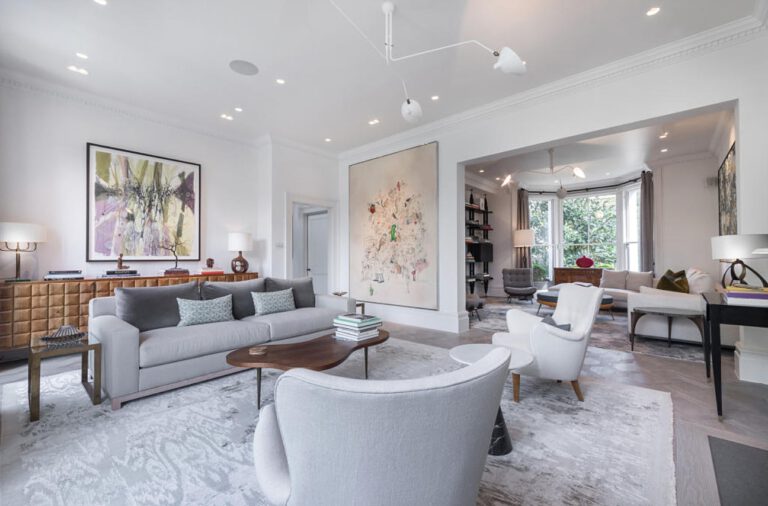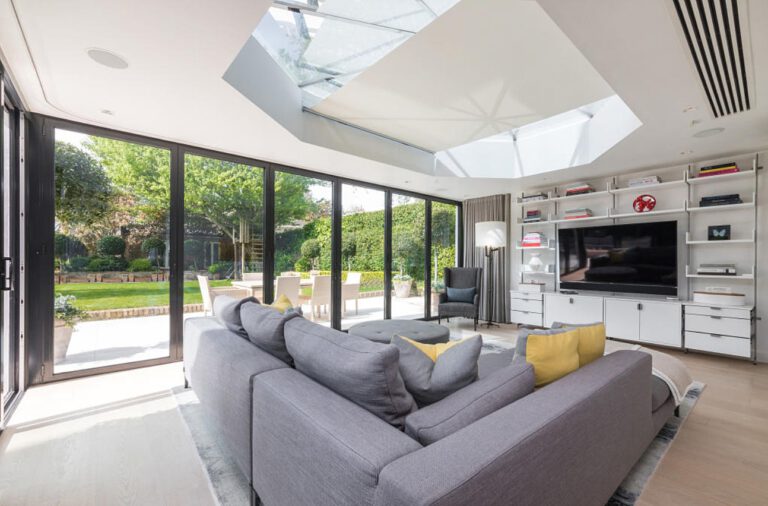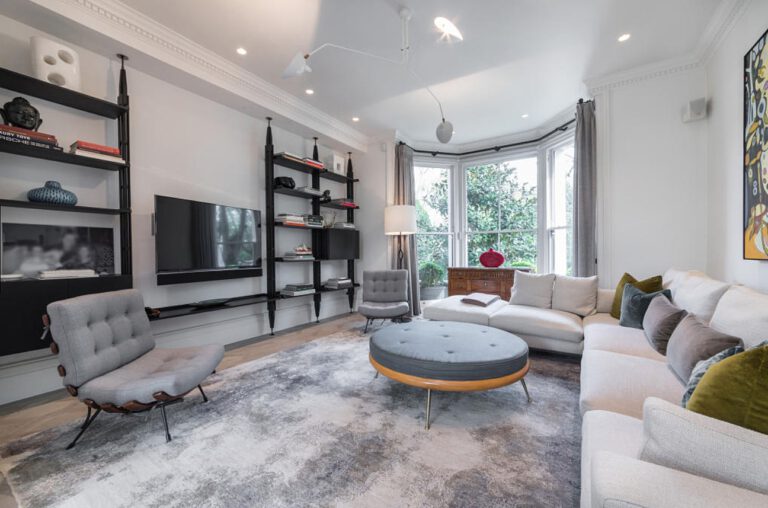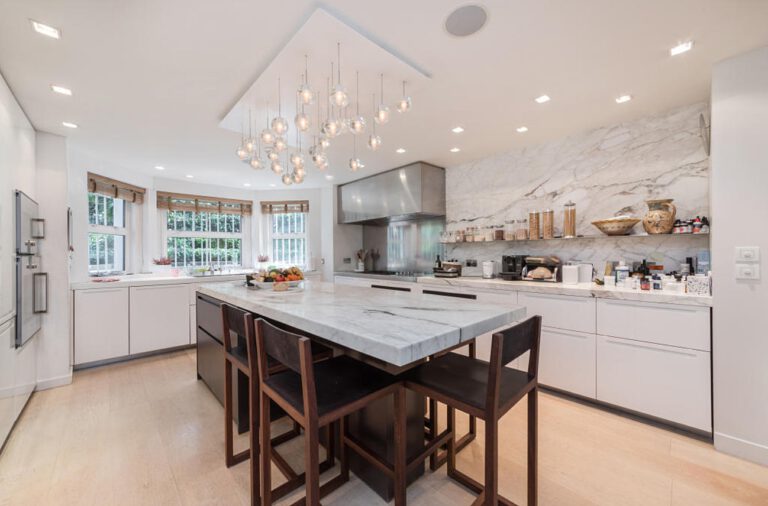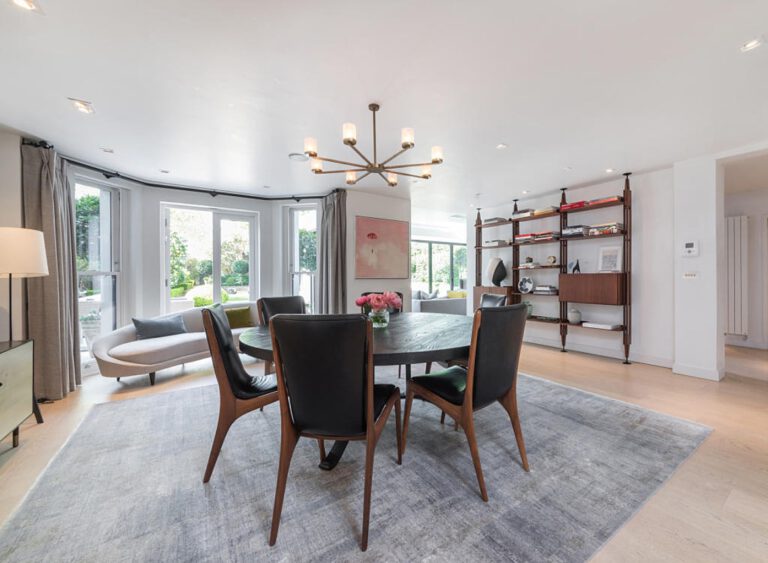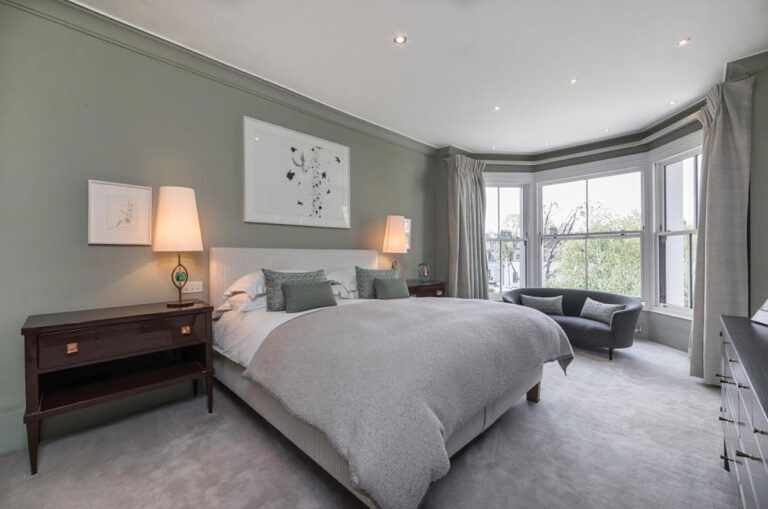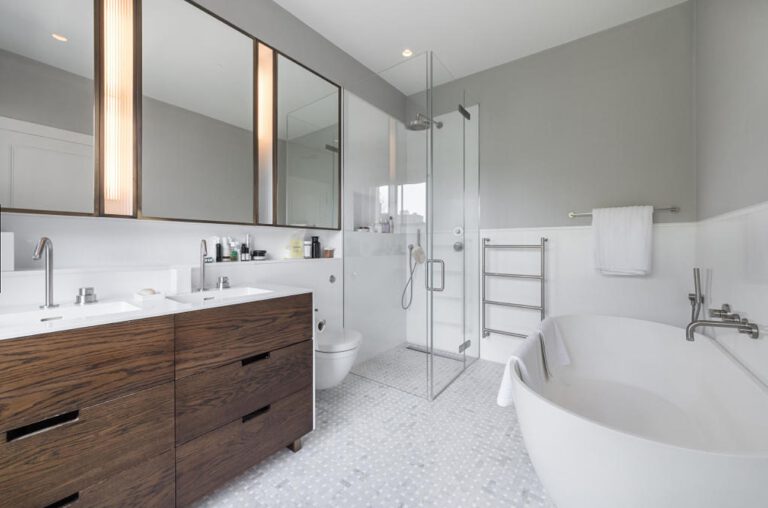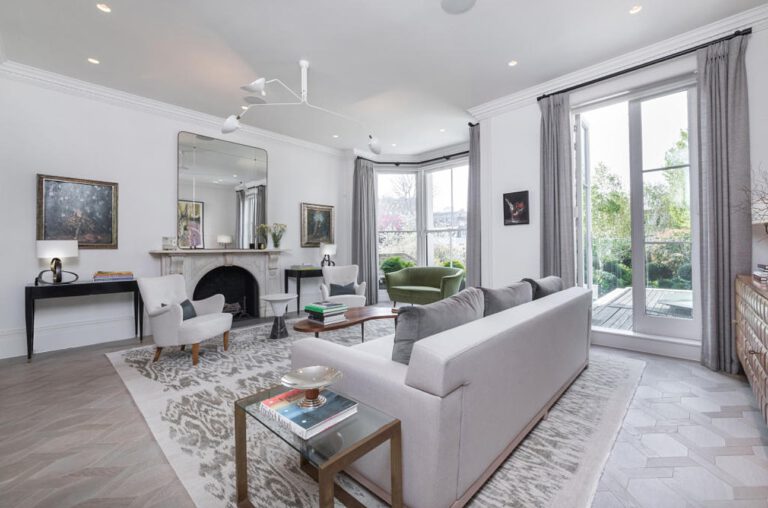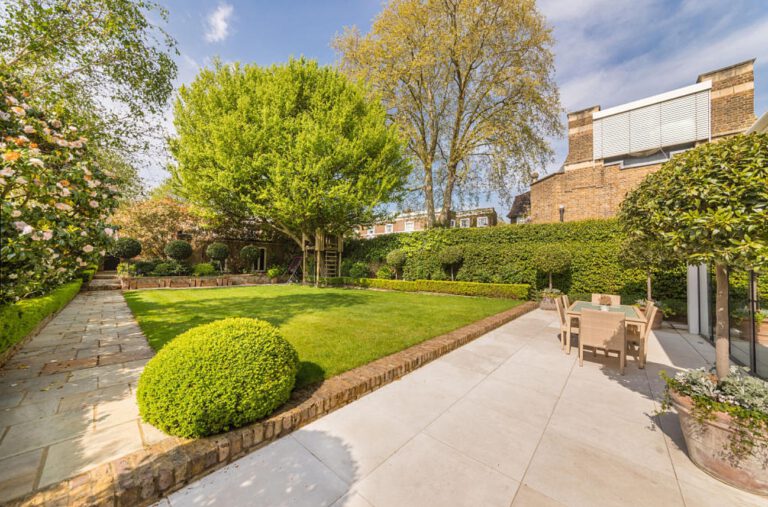The value of a property is influenced by many factors that fall into three categories: physical, economic and institutional-legal. Unfortunately, not all of them depend on the property’s condition and the owner’s actions. However, before selling a house or flat, it is worth familiarising yourself with them to know how to estimate the property’s value and determine the market price.
The legal status of the property
Properties in perpetual usufruct often turn out to be cheaper, as properties involve higher maintenance costs. The highest value is obtained when the property has a regularised legal status, i.e. one that does not have any claims and rights in rem and personal rights of third parties – leasehold, right of life or right of repurchase. Any situation with an unclear legal status leads buyers to expect a corresponding premium in the form of a price reduction for the risk of regularising the property.
Property location and conditions
The location of the property is crucial. The more attractive the neighbourhood is (e.g. offers access to a better labour market), the more the property will be worth. You will get a higher price for the same flat in Kraków than in a town of 10,000 inhabitants away from a larger city.
The value of a property will also increase if the property being valued is in a favourable location on a city scale. But what is meant by a good place? It is not only the “fashionable” districts which enjoy prestige and considerable popularity among interested buyers. Higher prices also apply to neighbourhoods close to the city centre and revitalised areas.
If the property being sold is a flat in a multi-family building, its value will also be affected by the condition of the building. The value of an apartment will be significantly higher if the common parts of the building are in a good technical condition – this includes the condition of the facade, the thermo-modernisation carried out and the renovated stairwells. Any investment plans will, of course, be affected similarly.
Technical condition
Even simple renovation and refreshing of a property can positively impact its value. Admittedly, the mere smoothing and painting of the walls may affect the property’s value, but this will be rather small. Much more important will be the quality of the materials used (e.g. floorboard instead of the cheapest panels), which directly affect the standard of the finish. Let us also remember that movable property furnishings in the form of, e.g. lamps, sofas, and tables are usually not taken into account when drawing up an appraisal report, e.g. for the needs of a bank.
Much more important are factors such as:
- the condition of the window frames,
- state of the electrical system/new installation,
- need of plumbing/new installation,
- tightness of roof in the case of a single-family property,
- condition of the walls (presence of fungi, moulds, dampness, cracks and crazing),
- thermal insulation of the building,
- condition of the gas supply system.
The surrounding area of the property
The surrounding area also has a powerful influence on the value of a property. From the buyer’s point of view, access to road and communication infrastructure is crucial. A better price will undoubtedly be achieved if the area around the house or flat being sold includes:
- green and recreational areas,
- shopping and service points,
- educational institutions,
- medical facilities,
- public transport stops
Area and internal layout of the property
It is natural that the larger the property, the higher the total value, but the lower the unit value. After all, we often see that a price per square metre of floor space is quoted for a particular property. However, the layout of the rooms in the flat or house should also be taken into account – flats with designs are much more valuable. At the same time, it is worth knowing that additional functionalities of the flat, such as a cellar, balcony or parking space, may increase the property’s value even by several dozen thousand pounds.
Purpose of the property in the local zoning plan
Any building erected on a building plot must comply with the zoning plan adopted by a resolution of the municipal council. This is of particular importance for a specific property regarding the zoning of the neighbouring land. The property’s value will increase if there is the land in the neighbourhood excluded from development. On the other hand, it will decrease if, according to the local plan, we can expect the construction of an object in the neighbourhood, which will adversely affect the property: e.g. a busy street, a waste dump or a petrol station.
All these factors have a significant impact on the value of our property will be. In addition, the whole environment-legal environment of the property market will also influence the price level. These include stable legislation, freedom to trade in real estate and a favourable tax system. The demographic situation of the country, trends in the real estate market, or the situation on the labour market or the general economic situation should also be considered in a similar prism.

